
Flowers for Algernon is a science fiction short story and subsequent novel written by Daniel Keyes. The short story, written in 1958 and first published in the April 1959 issue of The Magazine of Fantasy & Science Fiction, won the Hugo Award for Best Short Story in 1960. The novel was published in 1966 and was joint winner of that year's Nebula Award for Best Novel (with Babel-17).
The titular Algernon is a laboratory mouse who has undergone surgery to increase his intelligence by artificial means. The story is told as a series of progress reports written by Charlie, the first human test subject for the surgery, and touches upon many different ethical and moral themes such as the treatment of the mentally disabled.
Although the book has often been challenged for removal from libraries in the US and Canada, sometimes successfully, it is regularly taught in schools around the world and has been adapted numerous times for television, theatre, radio and as the Academy Award-winning film, Charly.
The ideas for Flowers for Algernon developed over a period of 14 years and were inspired by numerous different events in Keyes' life, starting in 1945 with Keyes' personal conflict between his parents pushing him through a pre-medical education and his own desire to write. Keyes felt that his education was driving a wedge between him and his parents and this led him to wonder what would happen if it were possible to increase a person’s intelligence. Another key moment came in 1957, while Keyes was teaching English to students with special needs; one student asked him if it would be possible to be put into a regular class if he worked hard and became smart.
Different characters in the book were also based on events and people in Keyes' life. The character of Algernon was inspired by a university dissection class, while the name came from the poet Algernon Swinburne which Keyes thought was an unusual name. Nemur and Strauss, the scientists who develop the intelligence enhancing surgery in the story, were based on professors Keyes met while studying psychoanalysis in graduate school.
In 1958, Keyes was approached by Galaxy Science Fiction magazine to write a story, at which point the different elements of Flowers for Algernon fell into place. On submitting the finished story to Galaxy, however, the editor suggested changing the ending so that Charlie retained his intelligence, married Alice, and lived happily ever after. Keyes refused to make the change and sold the story to The Magazine of Fantasy and Science Fiction instead.
Keyes worked on the expanded novel between 1962 and 1965 and first tried to sell it to Doubleday, but they also wanted to change the ending. Again, Keyes refused and gave Doubleday back their advance. Five different publishers rejected the story over the course of a year until it was taken on and published by Harcourt in 1966.

Charly (poster title: CHAЯLY) tells the fictional story of a mentally retarded bakery worker who is the subject of an experiment to increase human intelligence. The film stars Cliff Robertson, Claire Bloom, Lilia Skala, Leon Janney and Dick Van Patten.
The movie was adapted by Stirling Silliphant from the novel Flowers for Algernon by Daniel Keyes. The movie was directed by Ralph Nelson.
Cliff Robertson won the Academy Award for Best Actor for his work in this movie.
Robertson had appeared in many television versions of screenplays that had gone on to be made into movies starring other actors (most notably Days of Wine and Roses, which had starred Jack Lemmon). When he starred in the The Two Worlds of Charly Gordon, a 1961 television adaptation of Flowers for Algernon, he bought the movie rights so that he would be certain to star in the film version as well.



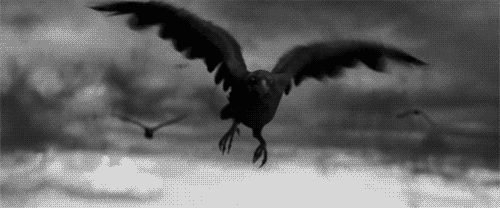
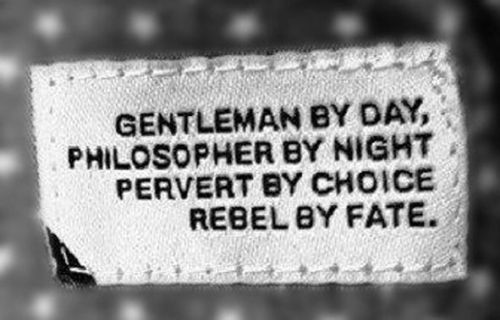

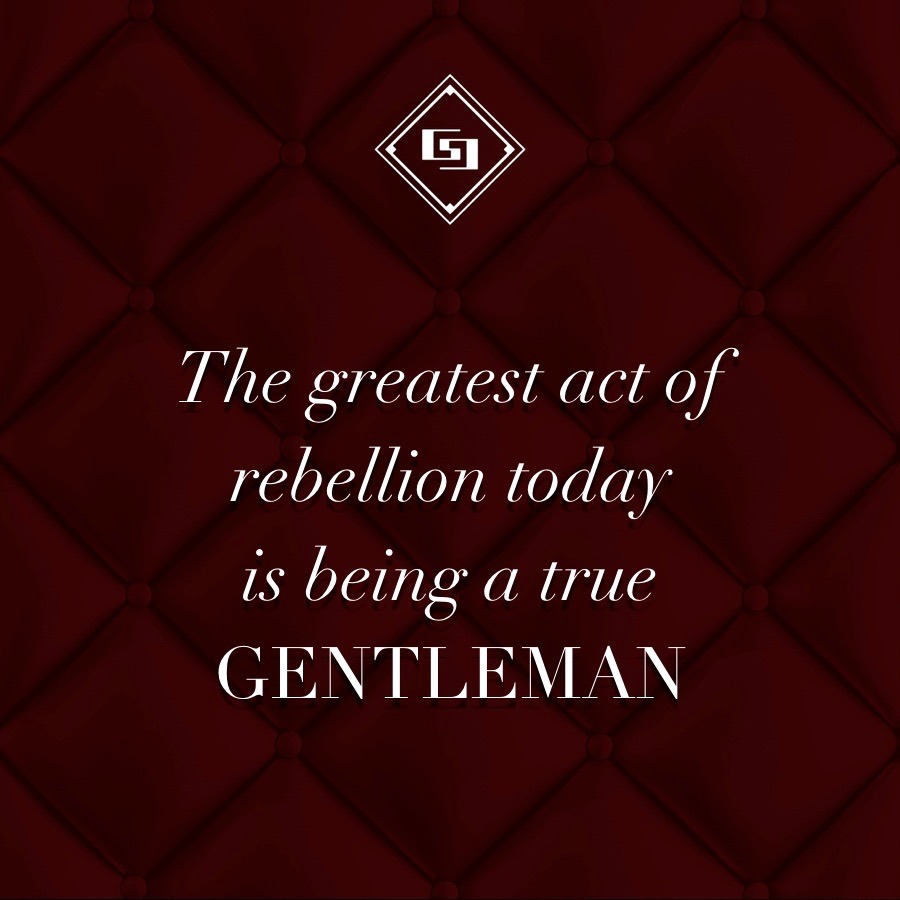

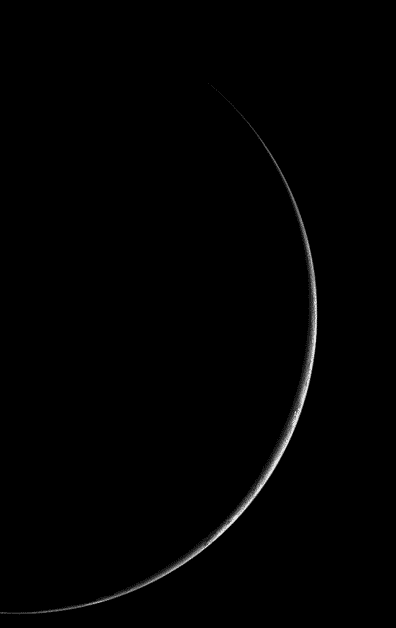








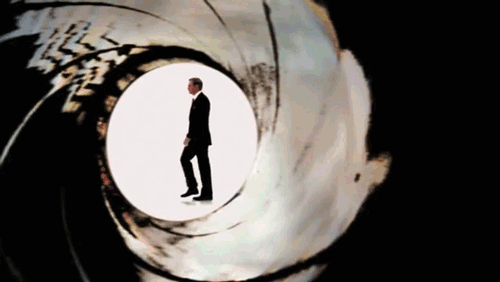


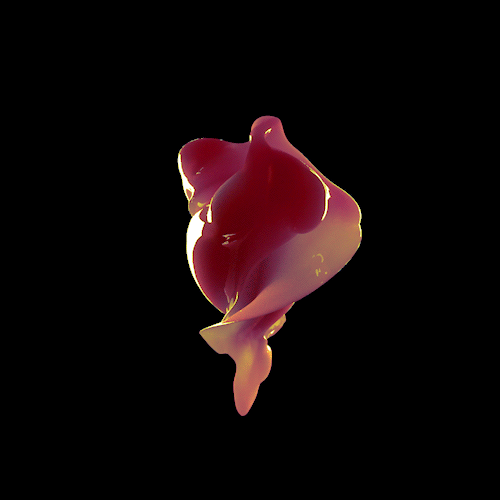


No comments:
Post a Comment